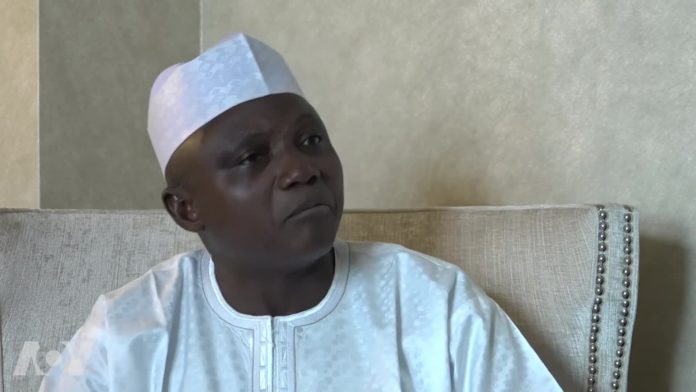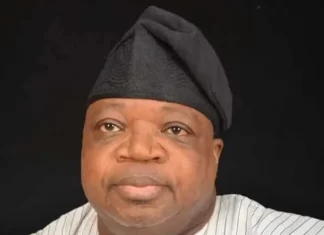By Onyewuchi Ojinnaka
The Presidency on Monday said the appointment of the next Inspector-General of Police (IGP) will not be based on ethnic considerations.
The current IGP Mohammed Adamu is expected to retire from service on Monday February 1 as he attains the retirement age of 60. However, there have been speculations as to who will succeed him.
Speaking on Channels Television’s Sunrise Daily, the Senior Special Assistant, Media and Publicity to President Muhammadu Buhari, Mallam Garba Shehu, said it was impracticable for top security appointments to be made based on factors such as ethnicity and tribe.
“If you are going to appoint the Service Chiefs from every ethnic group in this country, you are going to have more than 250 Inspectors-General of Police, 250 Chiefs of Army Staff, 250 Chiefs of Naval Staff,” he said.
“It’s not going to work like that. And they have their own systems of producing leadership.”
“If we say we are going to use ethnicity or region as the basis, then we have lost it. This is about law and order, it is not about ethnic identity. This country finished with tribalism in the 1960s, why are we back to it now?
“But if you have two, three positions – look at what happened with the Service Chiefs just appointed: two from the South, two from the North. If you are talking about religion, two Muslims, two Christians. So what do you want again?”
Garba Shehu added that the appointment will be based on who can best help to protect lives and properties across the country.
“The President will rather have an Inspector-General of Police who will make you and I safer, protect life and property than one who is more pronounced by his tribal marks,” he said.
Also commenting on the recent report on Corruption Perception Index published by Transparency International which ranked Nigeria 149 out of 180 countries surveyed, one of its worst ratings in years, Shehu said the report was not an indictment on the Buhari administration but on Nigerians.
Transparency International had in its report, cited absence of transparency, nepotism, lack of adequate anti-corruption legal frameworks, the prevalence of bribery and extortion in the Nigerian Police, corruption in the security sector, among others, as reasons for the low rating.
“This one by TI is not a judgement on Buhari or his administration or its war against corruption, it is a judgement on Nigerians,” Mr. Shehu suggested.
“Because if you look at the major indices they used in arriving at these conclusions, they used eight indices, six of which found Nigeria as being more or less at the same position, nothing has been lost.
“The two that they dwelt on, that caused this backsliding, are essentially Nigerian problems. When they look at the varieties of democracy, they are talking about the political culture of this country, vote-buying, thuggery. Is it Buhari that is a thug? We are not doing thuggery. And we know those who are doing it.
“And when they talk about the justice project – which is a big minus in that report – they are talking about perceived corruption in the judiciary. These perceptions are essentially not correct.
“Yes, there are issues in that sector, but wouldn’t it have been nice to note the reforms that are ongoing in that sector. So many changes are going on. Acknowledge it, so that you encourage those judicial officers that are upright and the system keeps getting better ”,Shehu expressed.











